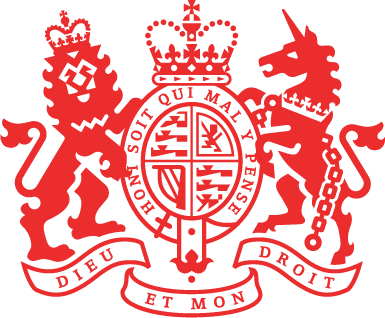Related Cases
Neutral Citation Number
Published
Summary
Judgment of the Tribunal on an appeal brought by Skyscanner Limited (“Skyscanner”) under section 47(1)(c) of the Competition Act 1998 (the “Act”) against a decision of the Office of Fair Trading (the “OFT”) to accept commitments, pursuant to section 31A(2) of the Act, to remove certain discounting restrictions for online travel agents (the “Decision”).
The Decision followed the opening of an investigation into the online supply of room-only hotel accommodation by online travel agents (“OTA”) and the issuance of a Statement of Objections. By its Decision, the OFT accepted commitments (the “Commitments”) from Booking.com and Expedia, both OTAs, and from IHG, a hotel group, together with Booking.com’s ultimate parent company, priceline.com, and Hotel Inter-Continental London Limited.
The Commitments provide, in essence, that: (i) OTAs and hotels may offer discounts, up to the level of their commission or margin, off the headline room rates in UK hotels to any EEA resident who has joined a “closed group” and made a previous booking with that OTA or hotel at the headline rate; and (ii) OTAs cannot publicise information about the specific level or extent of discounts outside the closed group. Skyscanner’s appeal related primarily to this latter publicity restriction.
Skyscanner operates a “meta-search” site. Meta-search sites display prices offered by third parties, and thereby assist consumers to compare pricing.
Skyscanner appealed the Decision on three grounds:
• Ground 1 related to the allegedly binding nature of the decision on third parties;
• Ground 2 related to an alleged failure to take into account relevant considerations; and
• Ground 3 related to the ultra vires and/or irrational nature of the decision.
The Tribunal considered Ground 2 first. It held that the OFT failed properly to consider or conscientiously to take into account the objection to the proposed commitments raised by Skyscanner and others. These objections centred on the restriction on disclosure of specific price information outside the “closed groups” established as part of the commitment arrangements. In failing to investigate a plausible point further, the Tribunal found that the OFT acted unfairly, and that the process by which it subsequently reached its decision was procedurally improper.
As to Ground 3, the Tribunal held that the OFT acted unreasonably in coming to a decision that effectively ignored the point Skyscanner and others had raised in relation to the potential impact of the publicity restriction on meta-search and competition more generally. The OFT failed to inform itself about the possible impact on price transparency of an obvious and clear restriction on disclosure of price information. In doing so, it failed to take account of a matter of which it ought to have taken account and acted as no reasonable authority should act. The Tribunal concluded that the Decision was therefore irrational. However, the Tribunal was not persuaded by Skyscanner’s illegality challenge, which argued that the OFT had acted contrary to the policy and objects of the Act.
As to Ground 1, the Tribunal disagreed that the Commitments were binding on third parties. To the extent that they had an effect on third parties, that was a normal consequence of a commitments decision and did not render the Commitments ultra vires. Accordingly, the first ground of appeal failed.
For the above reasons, the Tribunal quashed the Decision and remitted it to the OFT’s successor, the Competition and Markets Authority, with a direction to reconsider the matter in accordance with the Judgment.
This is an unofficial summary prepared by the Registry of the Competition Appeal Tribunal.
